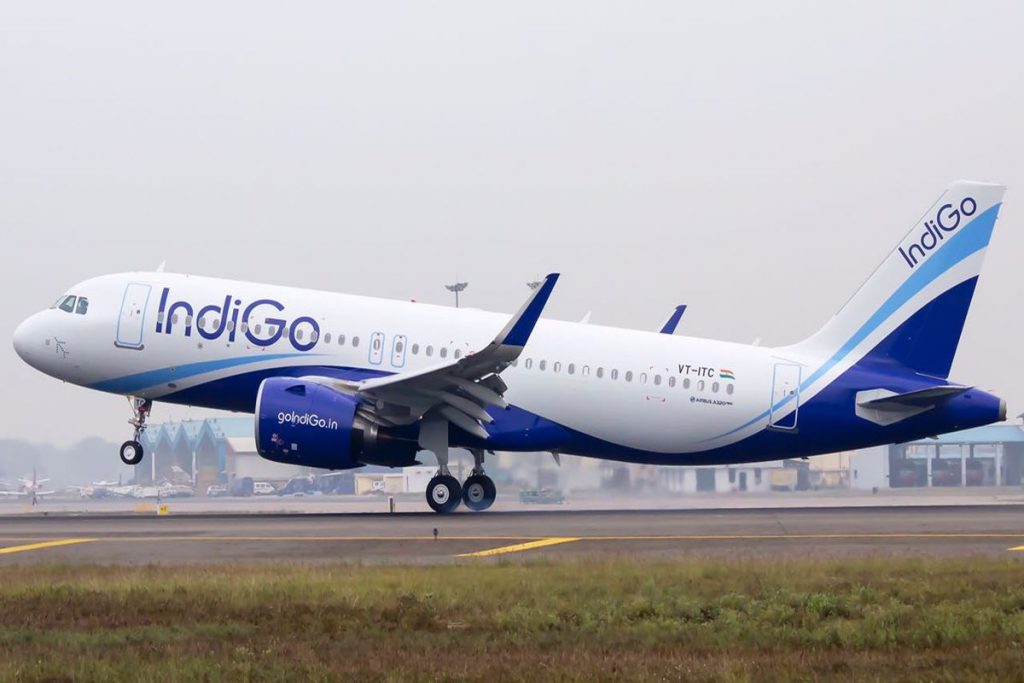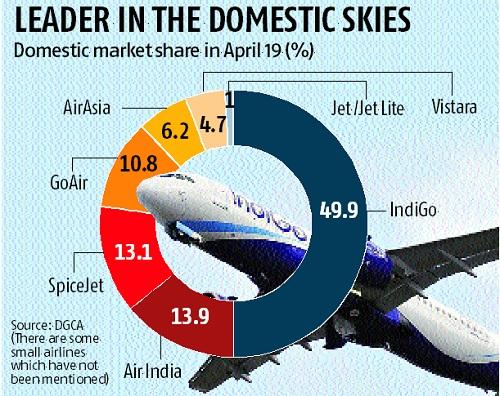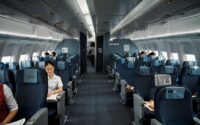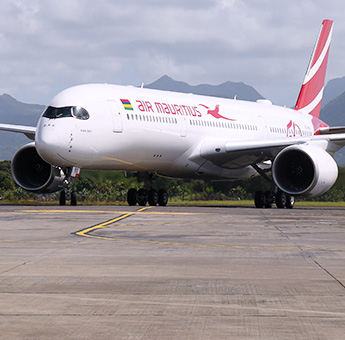Business travel has structurally changed: IndiGo CEO
United Airlines, Air Canada, US Airways, and Air Sahara were Ronojoy Dutta’s stamping grounds, before IndiGo. Since then, it hasn’t been clear blue skies for the man. He now sees tailwinds emerging.
United Airlines, Air Canada, US Airways, and Air Sahara were Ronojoy Dutta’s stamping grounds, before taking over as chief executive officer of InterGlobe Aviation, which owns IndiGo, in January 2019. Since then, it hasn’t been clear blue skies for the 68-year-old: the airline’s promoters fought and Covid-19 stalled air travel. But Dutta now sees tailwinds emerging. Edited excerpts.

When we started flying in May 1 we were not sure what to expect. We had these various scenarios [in mind]. One was very optimistic: that there would be a vaccine soon and there would be a very quick recovery. There was [also] a very pessimistic scenario: where there would be a second or third wave [of the pandemic] and people’s confidence in flying would be shattered. Fortunately, we see recovery happening; we have passed the crisis stage.
Part of the reason why [air] traffic in India has taken off is because people know air travel is safe. That customer confidence came back very quickly, and I have to thank both the government and our operations team for working so diligently on this by doing substantive things. We started with 25% of our pre-Covid-19 capacity and we have accelerated to 70%. That’s domestic. On the international front, because of the air bubbles and Vande Bharat flights, we are at about 20% of our pre-Covid-19 capacity. For domestic, we could get to 100% capacity by early 2021, while international is going to be a slower build-up.

We made sure that the confidence levels of the early adapters [to air travel] were very high and that shows in all the surveys that we have taken. We met with a team of doctors from places like the All India Institute of Medical Sciences along with the government to know what is considered safe for air travel. First is air transmission; could it [Covid-19] be transmitted by air? Well, the HEPA (high-efficiency particulate air) filters [in the aircraft cabin air filtration systems] and the flow of air from up to down, instead of front to back, convinced doctors that air transmission risks are minimal. Next was surface contact.
We said we would deep clean our aircraft more frequently (there is a wipe down at every stop and we have increased ground times to ensure that). On top of that we said we will give each customer a sanitisation kit and face masks, obviously. Medical science says that wearing masks is like being seven feet away from one another. The final thing was what about people rubbing shoulders with each other, especially those seated in the middle? We said we shall keep the middle seat empty, but when the loads are high and the middle seat is full, then we shall ask the person sitting in the middle to wrap themselves in another layer of plastic. With all of that the doctors gave us a clean chit.



